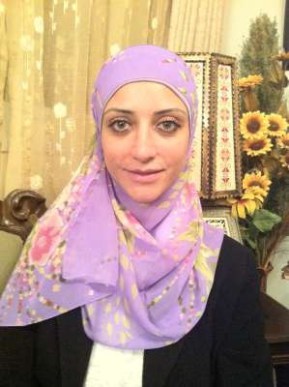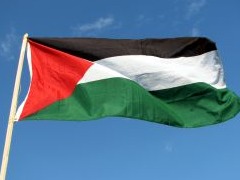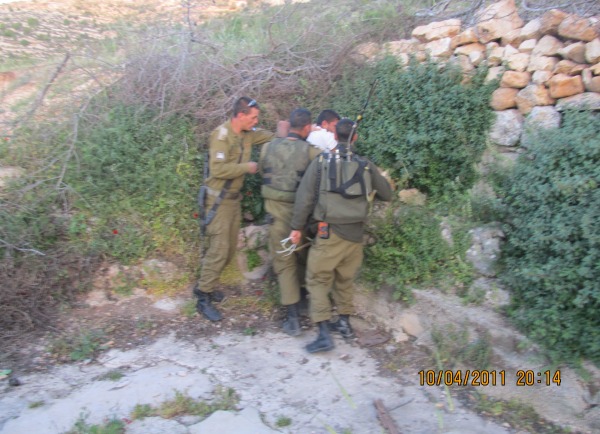Category: Journals
-
6 beds, ink and one story
25th May 2014 | Mariam Barghouti | Occupied Palestine Since 1967, Israel has detained around 20% of the Palestinian population and approximately 40% of Palestinian males. The majority of those arrested are transferred into Israel, where they are held and if charged will most likely serve their sentence. Although this is a clear violation of Article 76 in the…
-
Video: Protest on World Press Freedom Day: “They don’t consider Palestinian journalists to be journalists.”
3rd May 2014 | International Solidarity Movement, Ramallah Team| Occupied Palestine Yesterday, Saturday 3rd of May was the United Nations World Press Freedom Day. Yesterday, journalists celebrated, remembered, and protested, on a date commemorated worldwide since 1992. In Palestine, the 3rd of May calls for a protest by members of the Palestinian Journalists Syndicate (PJS), and yesterday this…
-
Khan-al-Luban: Israeli army attack
20th April 2014 | International Solidarity Movement, Nablus Team| Khan al-Luban, Occupied Palestine On Monday 21 April 2014 two International Women’s Peace Service [IWPS] volunteers were playing uno [a card game] outside with two children of the Abu Jamal family in Khan al-Luban, close to the Nablus-Ramallah road. Their elder brother Jimmy was plastering the bathroom and their…



